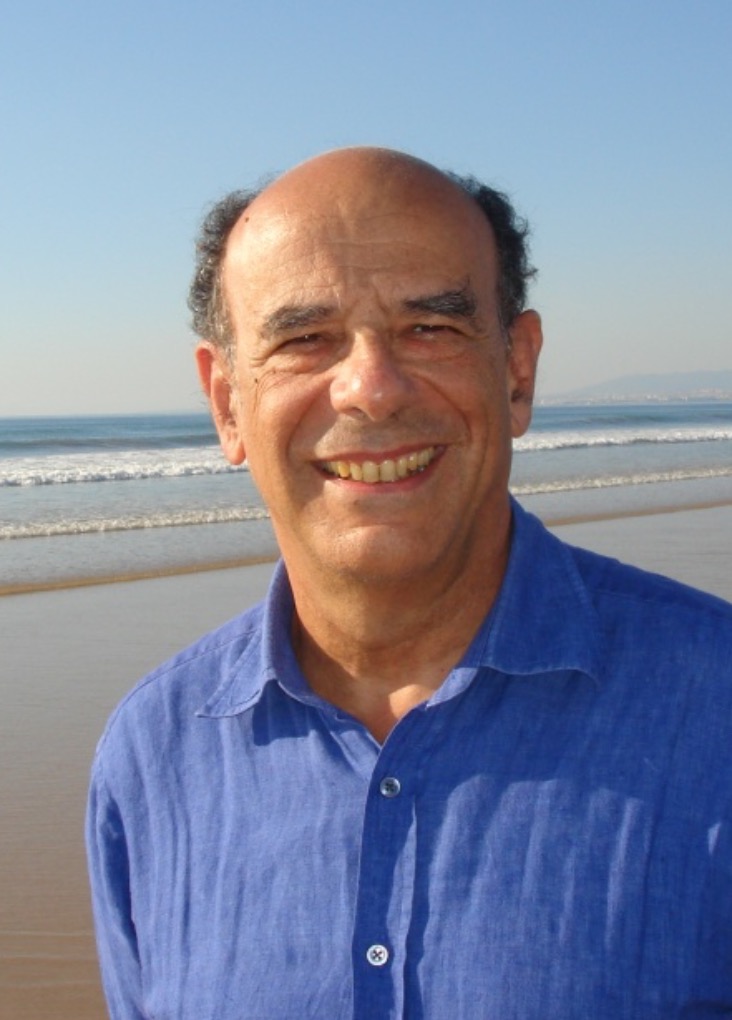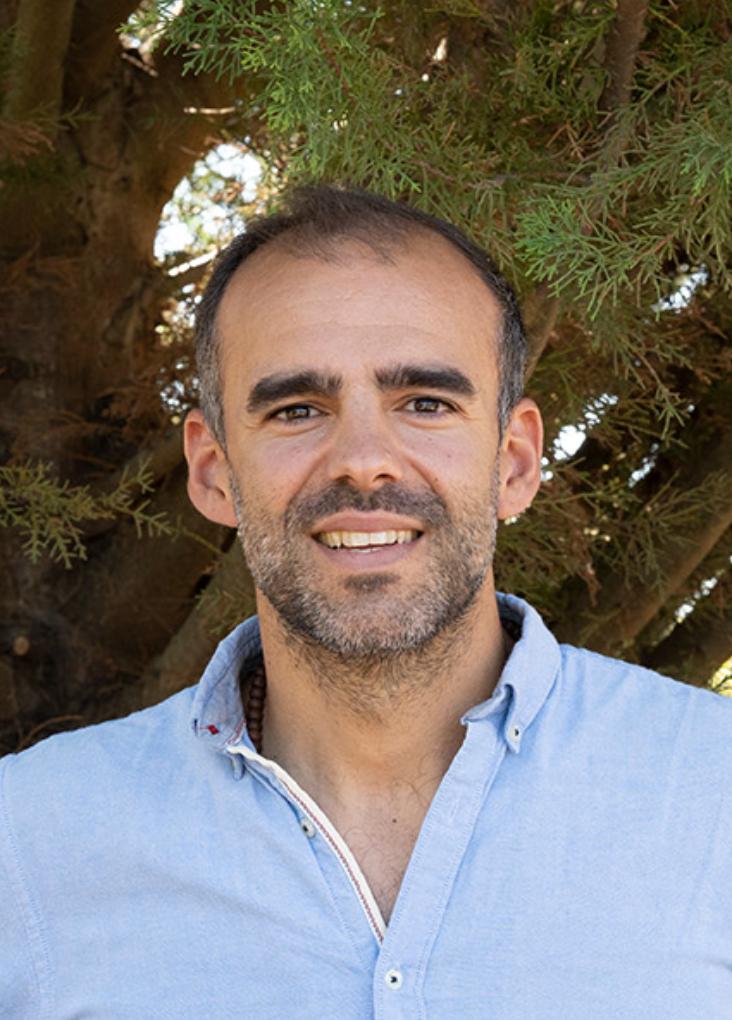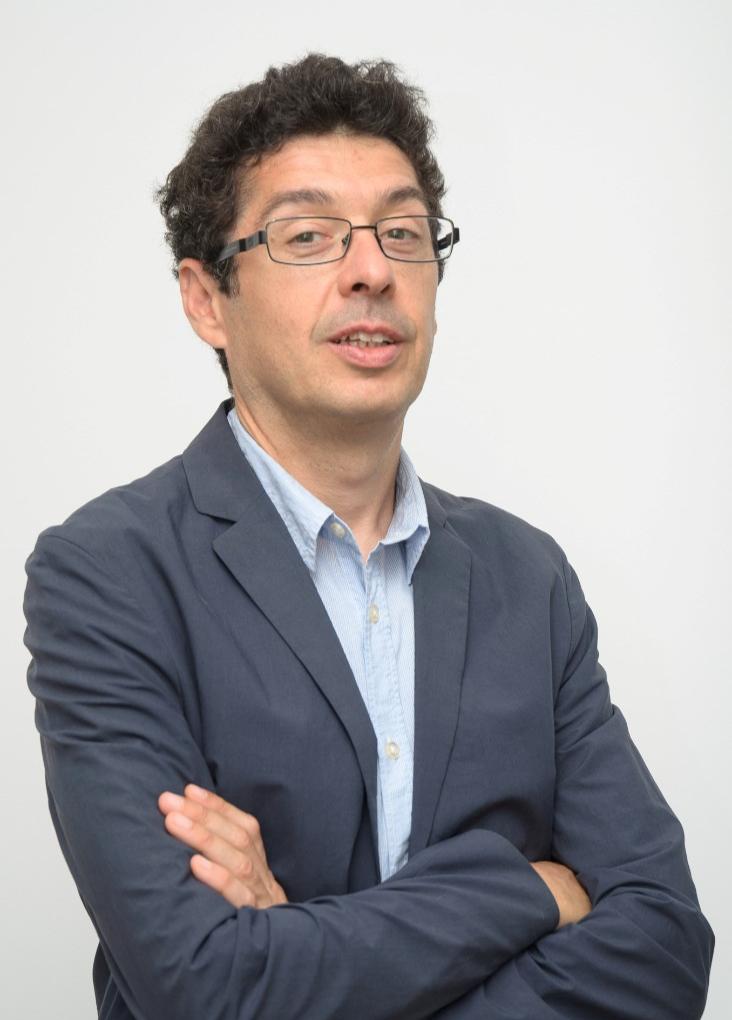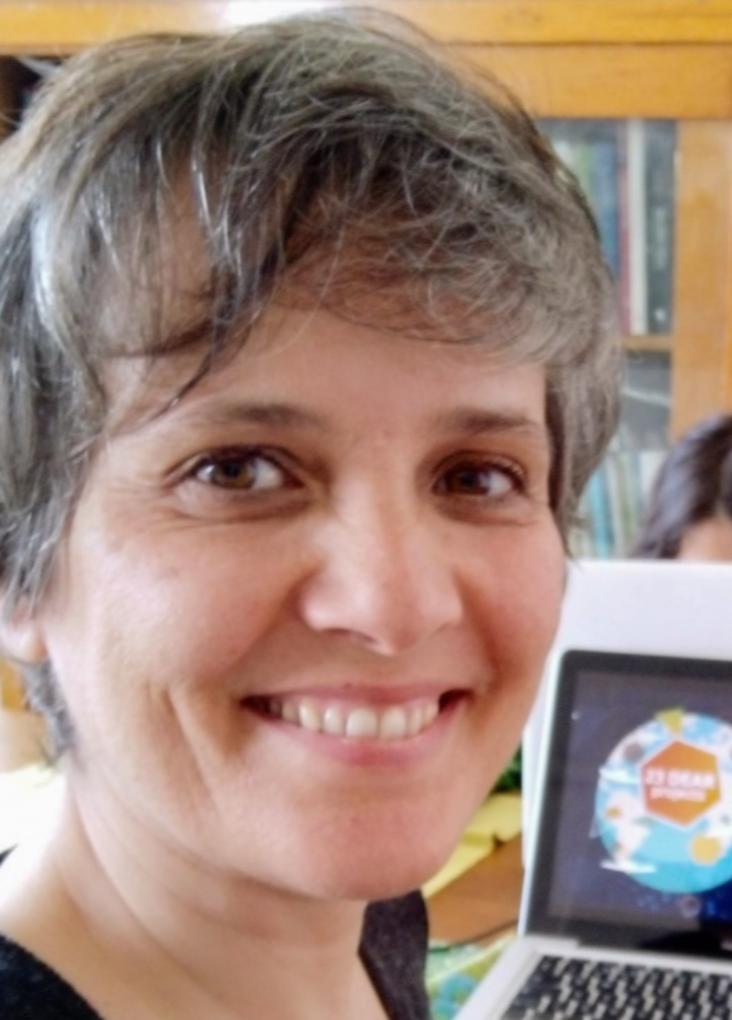The Socio-Ecological Transition (SET) group will continue focusing on the overall aim of developing new applied research and the co-production of knowledge to investigate the interdependent dynamics of socio-ecological and socio-technical systems.
Activities will focus on developing new knowledge that supports effective responses to current global problems (e.g. climate and energy crises and interlinked challenges for social inclusion and equity); while developing new tools, methods, and knowledge to foster rapid yet socially and environmentally fair transformations.
The following critical objectives are identified in the short- (1, 2) and medium to long-term (3-5):
- To understand how sustainable energy and climate policies and the implementation of socio-ecological transformation goals can benefit from and are able to activate citizens participation and engagement. To address this objective, the group is implementing studies on energy citizenship and inclusive democratic participation of citizens in sustainability policies, including energy and climate policy, while critically addressing the coherence and alignment of diverse policy domains (including social, technological and environmental policy);
- To understand how the social and environmental impacts of new technologies can be leveraged to produce a more sustainable and just transition. The group is undertaking research into the key socioeconomic and environmental impacts of widespread technological implementation of renewables across diverse socio-ecological contexts;
- To understand more broadly the impacts of emerging technologies such as artificial intelligence and blockchain in climate change adaptation and energy transition policy;
- To critically address energy justice and environmental justice, including ecological aspects, in Europe and elsewhere;
- To advance toward new concepts of sustainability with greater attention and analysis of the role played by the human inner world.
SET Team














